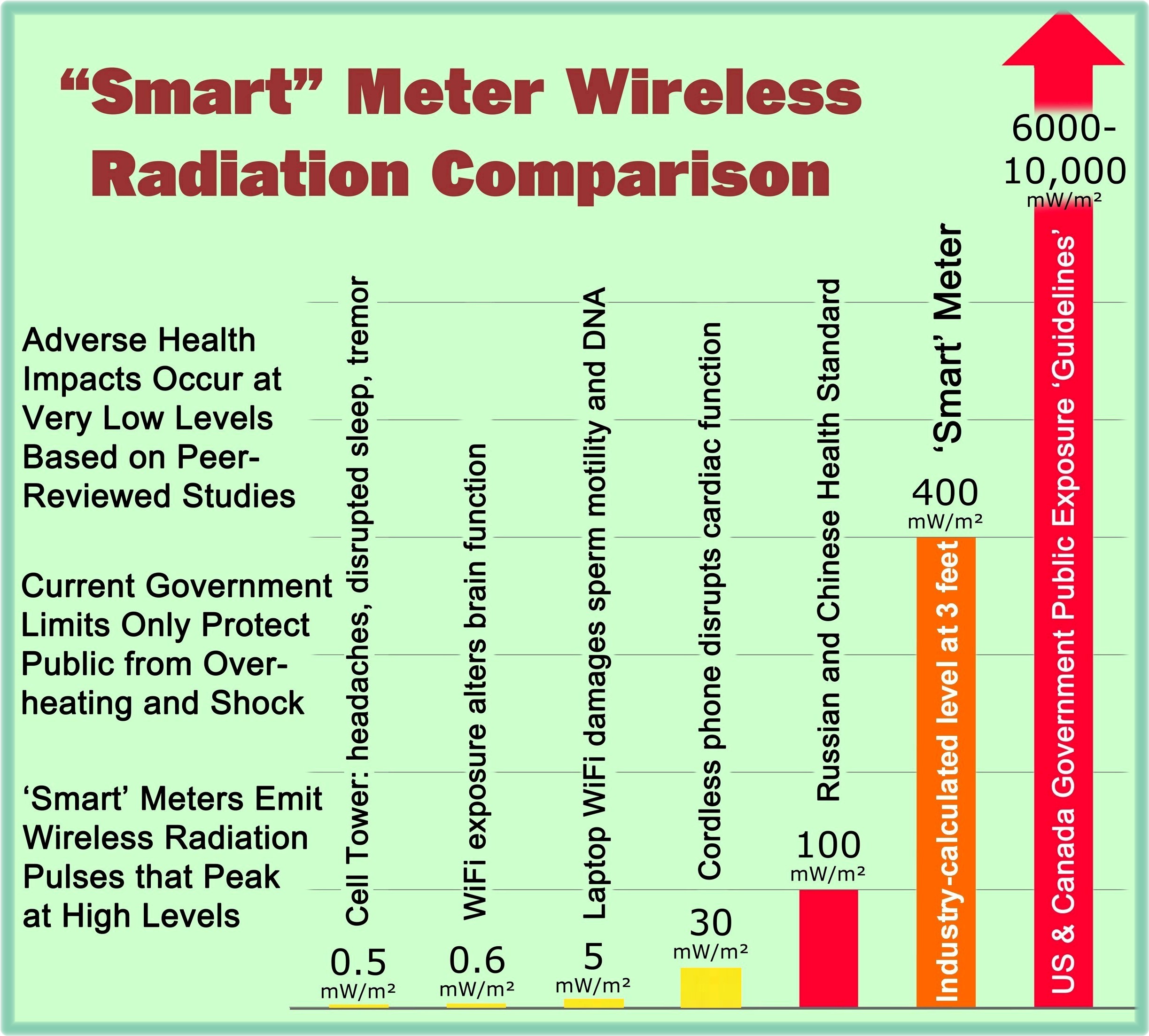The United Nations Research Institute for Social Development (UNRISD) is a research group within the UN system that undertakes research and policy analysis on the “social dimensions of contemporary development issues.” The UNRISD published a video series in early 2012, entitled “Social Dimensions of Green Economy and Sustainable Development.” In the name of Sustainable Development, the video series highlights how implementation of Sustainability has more to do with social change, reducing poverty in poor countries, reducing consumption in developed countries, and redistributing wealth from wealthy countries to poorer countries, … than it does helping the environment.
 What follows is an audio clip that represents an excerpt from one of the UNRISD videos. The audio clip is just a little over 2.5 minutes in duration. Please listen (and at the same time you could review some of the bullet items listed below).
What follows is an audio clip that represents an excerpt from one of the UNRISD videos. The audio clip is just a little over 2.5 minutes in duration. Please listen (and at the same time you could review some of the bullet items listed below).
.
.
It is important to understand the perspective that social technocrats at the United Nations have with regard to implementing social change and how such an “agenda” could affect the United States and its population if allowed to contaminate our government and its institutions. Key phrases from the UNRISD discussion:
 We need to contribute to a vision of society where economic, environmental, and social goals are not in conflict. [ ** See important footnote below.]
We need to contribute to a vision of society where economic, environmental, and social goals are not in conflict. [ ** See important footnote below.]- The clock is ticking.
- Social policy is essential to achieving Sustainable Development.
- A key challenge for a “fair” and green economy is to change consumption patterns in developed countries through “proactive social policies.”
- These sort of policies would imply a more “interventionist” State role.
- “Global environmental change will require a major transformation, fundamental changes in structures of production and consumption, in patterns of resource use and investments, in technologies and how we use them, and in human behavior, and the public policies from local to global levels.”
- There are issues on how to translate new policies into “new forms of governance.”
- “This does lead us back then to the redistribution of income and wealth, … the extraordinary and egregious inequalities in income and wealth which we’ve seen rising the last 25 years have to be reversed for a whole range of reasons.”
How many people in the United States are aware of the fundamental changes that are planned?
- Will smart meters be utilized to ration our household energy usage?
- Will Sustainable Development affect our Constitutional basis for limited government?
- Will the quality of life in the United States and other developed countries be further degraded?
- Will gasoline prices continue to rise due to implementation of sustainable development policies?
Although information will be presented on this website to help answer these questions, it is recommended that you actively research these issues for yourself from a number of different sources as necessary.
** Economic, environmental, and social goals do not necessarily have equal weighting in the minds of people involved with sustainable development planning. Review the table below that contains information extracted from a recently published United Nations report. Look at how ten (10) leading experts answered questions related to Sustainability issues. Climate change was near the bottom of the list. Redistributing wealth was near the top in terms of support. What does that say about the real “agenda” behind Sustainable Development? Don’t get me wrong. Conceptually, there is nothing wrong with a “decent minimum income for everyone.” But do you see the irony? By a 7 to 3 margin, experts support a decent income in a fair society; but by the same 7 to 3 margin, green technologies are not going to produce the jobs to support those incomes! And how does the 9 to 1 vote against climate change as the world’s most pressing issue compare with how Sustainability might be portrayed in the media or elsewhere?






